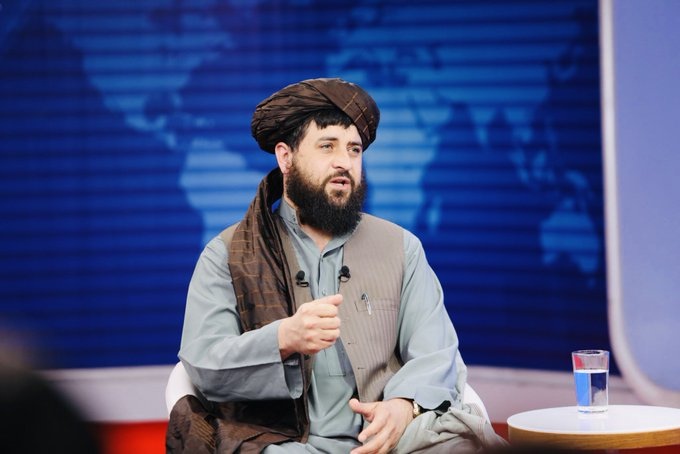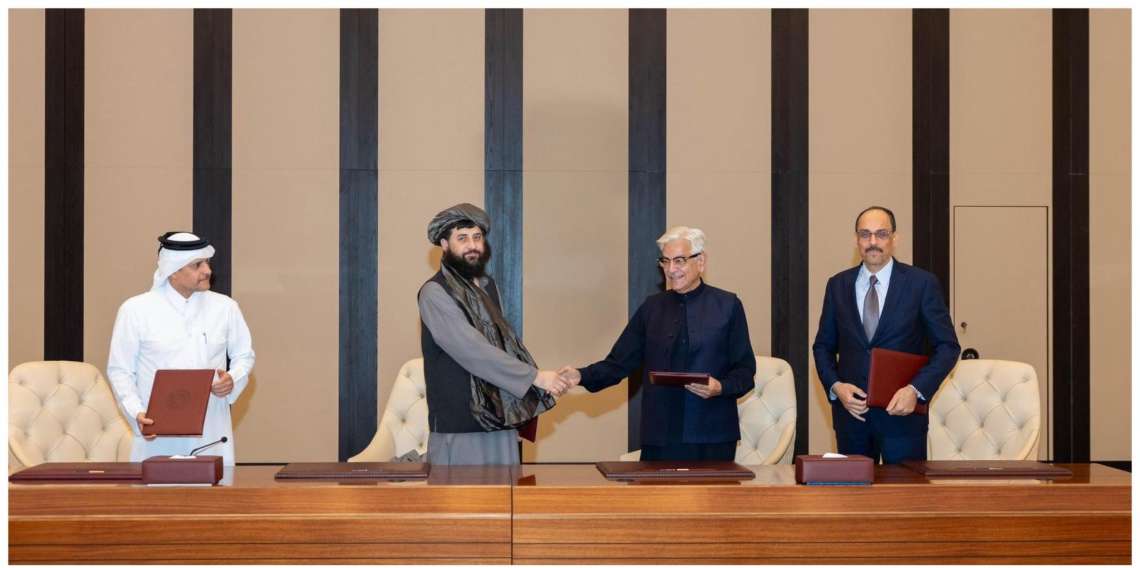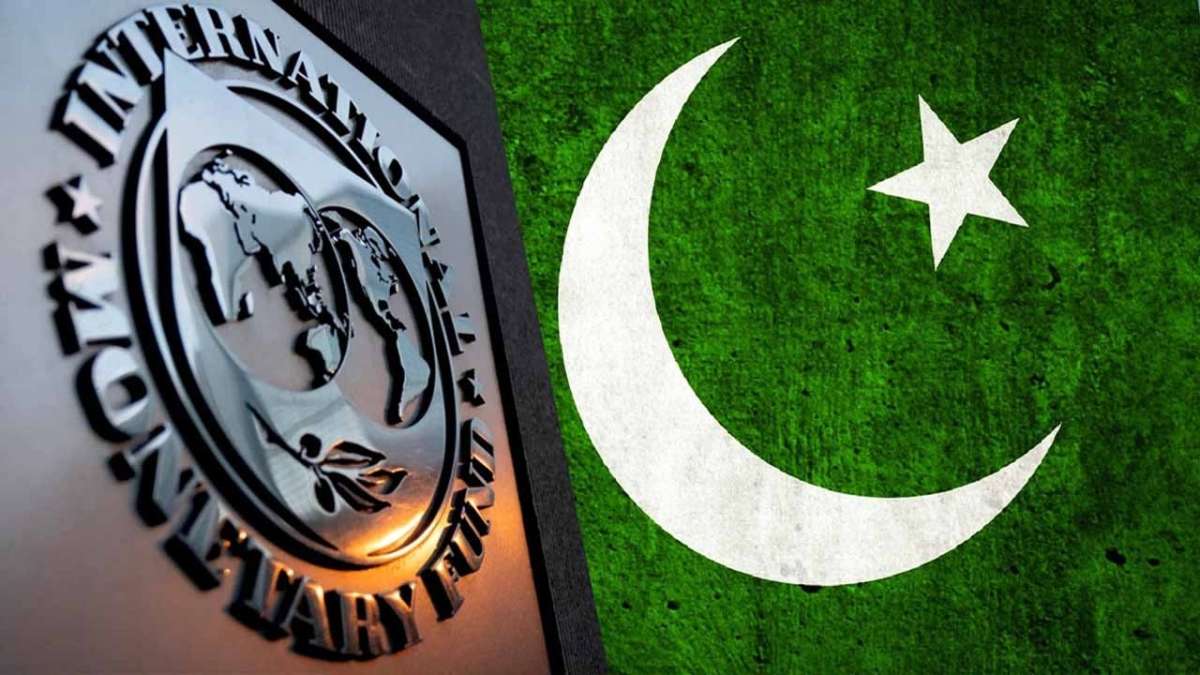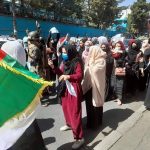The Durand Line, the de-facto border, has not been recognised by either the Taliban or the previous democratically-regimes in Afghanistan..writes Rahul Kumar
The Taliban administration’s Defence Minister Maulvi Muhammad Yaqub Mujahid has said that the border between Pakistan and Afghanistan, called the Durand Line, is merely a ‘line’.
Mujahid, the son of Mullah Muhammad Umar Mujahid – the founder of the Taliban, told TOLO News in Kabul in a video interview that Afghanistan will raise the matter with Islamabad when the people want it. He said the Taliban is not raising the issue of the border with Pakistan as people of Afghanistan are facing other problems.
The Tolo broadcast was reported by The Independent Urdu newspaper.
Mujahid’s views assume significance in light of the discussions happening over the relocation of Tehreek-e-Taliban Pakistan (TTP) members by the Taliban administration from the Durand Line.
The Durand Line, the de-facto border, has not been recognised by either the Taliban or the previous democratically-regimes in Afghanistan, more so by the Pashtuns living on both sides of the border.
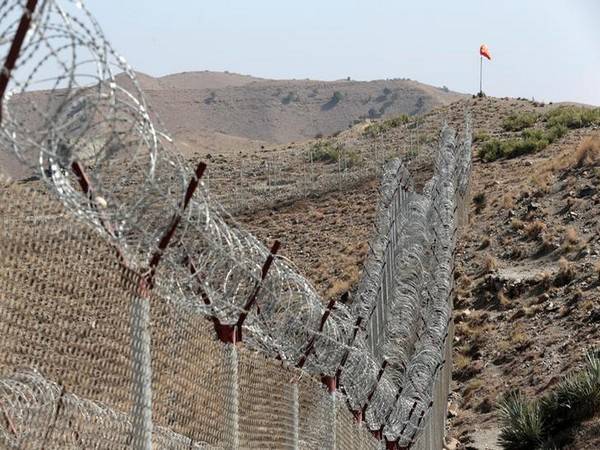
The Taliban leader defended the Pakistani Taliban, saying that if the TTP is based in Afghanistan then it would be attacking Pakistani security posts on the border. Instead, the TTP is attacking cities inside Pakistan, including Islamabad. Blaming Pakistan for poor security, Mujahid said that Pakistan is unable to defend itself against the TTP, therefore, it blames Afghanistan.
Regarding Afghanistan’s relations with Pakistan, Mujahid said that its eastern neighbour should think about a free and settled Afghanistan – “Abad Afghanistan”, as he described it, adding that it would be in the interests of Pakistan also.
In the interview to Tolo, Mujahid accused the US of violating its airspace through the use of drones. He blamed Pakistan for allowing the US to fly drones over the Afghan airspace. The Taliban Defence Minister was hinting at the killing of al-Qaeda chief Ayman al-Zawahiri, by a US drone – an act which violated the Doha Agreement signed by the Taliban with former US president Donald Trump that paved the way for the withdrawal of US and NATO forces from Afghanistan.
Several ministers in the Pakistan government led by Prime Minister Shehbaz Sharif have blamed Afghanistan’s Taliban government and the TTP for the increasing violence in Pakistan. The TTP is believed to have been targeting Pakistani policemen and other security forces in Khyber Pakhtunkhwa as well as Balochistan – both the provinces lie on the border with Afghanistan. However, the TTP has also carried out attacks in Punjab, including in Islamabad.
The issue of TTP, which wants an Islamic government in Pakistan, has riled relations between the two South Asian neighbours. Pakistani ministers have threatened to attack TTP hideouts across the border, which has been met with counter-threats by Kabul. Troops on both sides of the disputed border have fired at each other on numerous occasions leading to several casualties on both sides.
Earlier this year, Pakistan even sent a delegation consisting of Defence Minister Khawaja Asif and Inter-Services Intelligence (ISI) chief Lt Gen Nadeem Ahmed Anjum to Kabul to discuss the vexed issue of TTP attacks and make peace on the contentious border.


